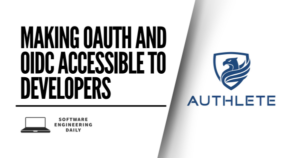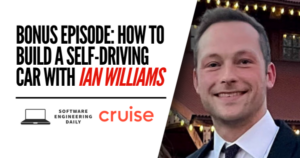Courier with Troy Goode
Podcast: Play in new window | Download
Subscribe: RSS

 A gig economy application generates lots of notifications.
A gig economy application generates lots of notifications.
There is SMS, mobile phone updates, emails, and native application updates. If you order a ride from Uber, you might receive a text message and a push notification at the same time. If an app overloads the user with notifications, the user might end up annoyed and delete the app from their phone.
But perhaps all of these notifications are necessary. You would rather get three simultaneous notifications from your food delivery app than fail to get your food on time. If you are the mobile application developer building the food delivery app, what other choice do you have?
At large companies such as Linkedin, there are entire teams devoted to figuring out how to optimize the notifications that they send you. It has a surprisingly large impact on the usability of a mobile application. Troy Goode is the founder of Courier, a company that provides notification optimization.
This might sound like a small, trivial problem. But it actually has a large impact on the usage of apps. And it is not an easy engineering problem. Troy joins the show to talk about the problem that Courier solves and the backend infrastructure that powers it. Courier is built entirely on serverless APIs. This is a great case study in how to build a completely scalable infrastructure product based on serverless tools.
Sponsorship inquiries: sponsor@softwareengineeringdaily.com
Transcript
Transcript provided by We Edit Podcasts. Software Engineering Daily listeners can go to weeditpodcasts.com/sed to get 20% off the first two months of audio editing and transcription services. Thanks to We Edit Podcasts for partnering with SE Daily. Please click here to view this show’s transcript.



















